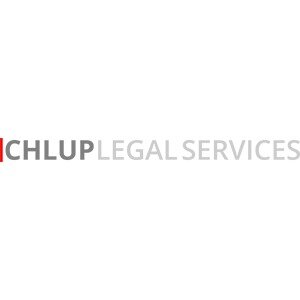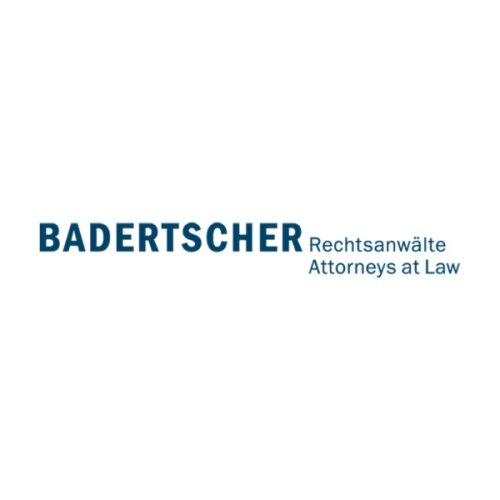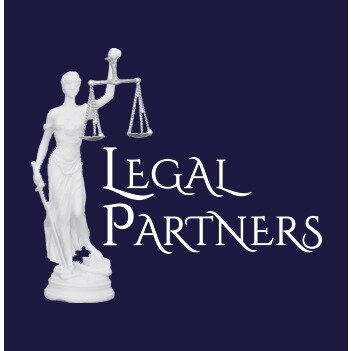Best Adoption Lawyers in Zurich
Share your needs with us, get contacted by law firms.
Free. Takes 2 min.
Free Guide to Hiring a Family Lawyer
List of the best lawyers in Zurich, Switzerland
About Adoption Law in Zurich, Switzerland
Adoption law in Zurich, Switzerland, is governed by Swiss federal law, specifically the Swiss Civil Code, which provides the legal framework for adoption across the country. Adoption is viewed as a legal process that establishes a permanent and binding parent-child relationship between non-biological parents and a child. In Zurich, as in the rest of Switzerland, the primary focus of adoption law is the best interests of the child, ensuring that the child's new familial environment is stable and supportive. Both national and international adoptions are considered, and the process typically involves a series of legal, social, and administrative requirements.
Why You May Need a Lawyer
Navigating the adoption process can be complex and time-consuming, often requiring the expertise of a lawyer. Common situations where legal help may be needed include:
- Facing complications with the legal paperwork required for adoption.
- Understanding the rights and obligations of adoptive parents and biological parents.
- Dealing with international adoption situations where multiple jurisdictions are involved.
- Ensuring compliance with all legal and administrative requirements before adopting a child.
- Handling disputes or legal challenges to the adoption process.
Local Laws Overview
In Zurich, adoption laws adhere to the Swiss Civil Code, which aligns with international standards and conventions. Key aspects relevant to adoption include:
- Adoption Eligibility: Prospective adoptive parents must meet specific criteria, including age and residency requirements.
- Types of Adoption: The law recognizes both full adoption (where legal ties to biological parents are severed) and stepchild adoption.
- Consent Requirements: The biological parents' consent is required, and the child's consent is necessary if they are over a certain age.
- Home Study Assessments: The suitability of the adoptive home is assessed through a series of home studies by relevant authorities.
- International Adoption: Switzerland is a signatory of the Hague Convention, which regulates inter-country adoptions to ensure the protection of children.
Frequently Asked Questions
What is the first step in the adoption process in Zurich?
The first step is to contact a cantonal authority specialized in adoption to receive preliminary information and start the formal application process.
Can single individuals adopt a child in Zurich?
Yes, single individuals can adopt a child provided they meet all the necessary legal requirements set forth in the Swiss Civil Code and demonstrate their capability to care for a child.
What are the age requirements for adopting parents?
Adoptive parents must be at least 28 years old, and there should generally be a minimum age difference of 16 years between the adoptive parent(s) and the child.
Is the biological parents' consent always necessary?
Generally, the consent of the biological parents is required unless a court has determined that obtaining consent is unnecessary for specific reasons, such as the child's welfare.
How does international adoption work in Zurich?
International adoption must comply with both Swiss law and the laws of the child's country of origin, usually following the Hague Convention process to ensure the protection and well-being of the child.
Can adopted children retain their original nationality?
Adopted children can often retain their original nationality, depending on the laws of their country of origin and the specifics of the adoption agreement.
What does the home study process involve?
The home study process involves a detailed evaluation of the prospective adoptive family's home and lifestyle. This includes interviews, home visits, and background checks to assess the suitability for adoption.
How long does the adoption process usually take?
The timeline for adoption can vary widely based on specific circumstances such as the type of adoption and jurisdictional requirements but can often take several months to years.
Will an adopted child automatically gain Swiss nationality?
Not automatically. The adoptive parents may need to apply for naturalization on behalf of the child if they wish for the child to become a Swiss citizen.
What happens if the adoption process faces legal challenges?
If there are legal challenges or disputes, it is advisable to seek assistance from a qualified adoption lawyer who can guide you through the resolution process.
Additional Resources
There are numerous resources available for those seeking guidance or assistance with adoption:
- Swiss Adoption Authority (Jugendamt): Provides guidance and resources for prospective adoptive parents.
- Adoption Professional Organizations: Can provide professional support and advice.
- International Social Service (ISS): Offers support for intercountry adoptions conforming to international guidelines.
Next Steps
If you require legal assistance in adoption, consider taking the following steps:
- Research: Start by researching Swiss adoption procedures and requirements to understand the basic legal framework.
- Contact a Lawyer: Reach out to a lawyer specializing in family law or adoption to get tailored advice specific to your circumstances.
- Prepare Documentation: Gather all the necessary documents and evidence required for your adoption application and legal proceedings.
- Engage with Authorities: Work closely with the cantonal adoption authority to ensure compliance with all legal requirements and procedural steps.
- Seek Support: Join adoption support groups or networks to share experiences and gain insights from other adoptive families.
Lawzana helps you find the best lawyers and law firms in Zurich through a curated and pre-screened list of qualified legal professionals. Our platform offers rankings and detailed profiles of attorneys and law firms, allowing you to compare based on practice areas, including Adoption, experience, and client feedback.
Each profile includes a description of the firm's areas of practice, client reviews, team members and partners, year of establishment, spoken languages, office locations, contact information, social media presence, and any published articles or resources. Most firms on our platform speak English and are experienced in both local and international legal matters.
Get a quote from top-rated law firms in Zurich, Switzerland — quickly, securely, and without unnecessary hassle.
Disclaimer:
The information provided on this page is for general informational purposes only and does not constitute legal advice. While we strive to ensure the accuracy and relevance of the content, legal information may change over time, and interpretations of the law can vary. You should always consult with a qualified legal professional for advice specific to your situation.
We disclaim all liability for actions taken or not taken based on the content of this page. If you believe any information is incorrect or outdated, please contact us, and we will review and update it where appropriate.
















